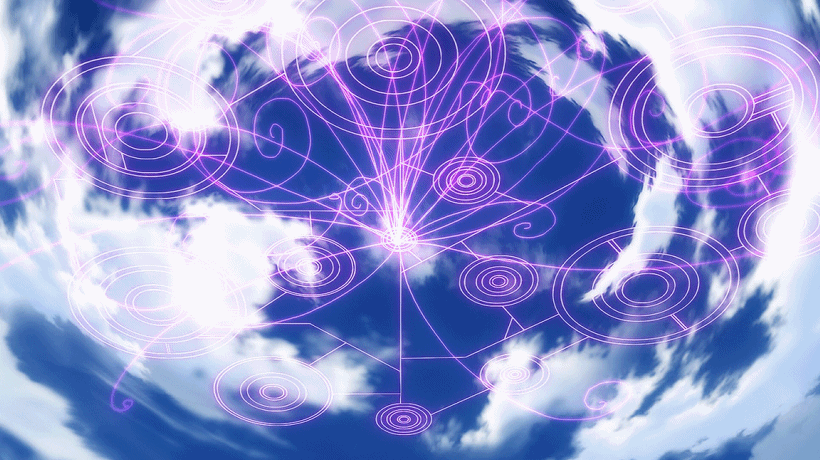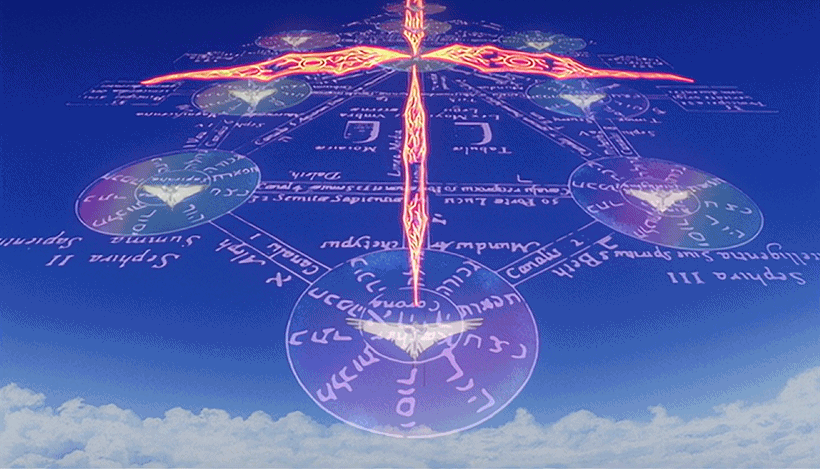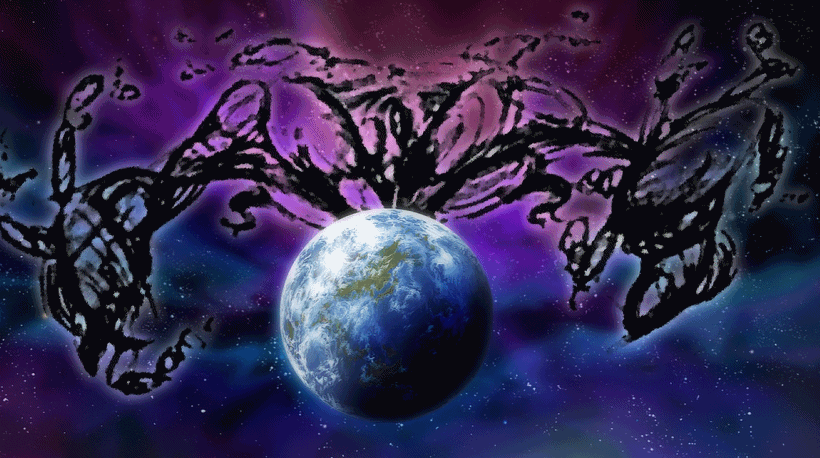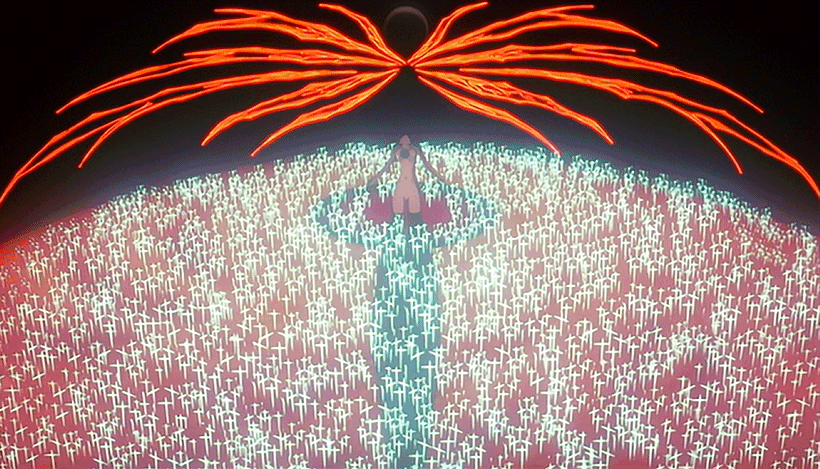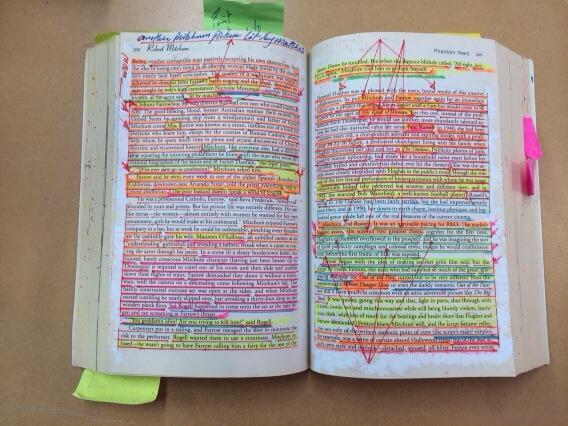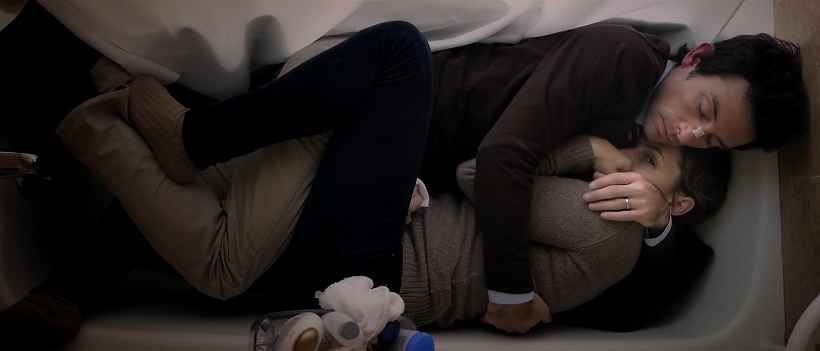
This is a weird movie. A bit like Malick’s The Tree of Life, with a much narrower scope and ambition. But the themes that feed this movies are also the themes I tend to write about. All about consciousness, invisible hands that shape things, awareness and so on.
The movie is more about mood and atmosphere than plot, and it tries to wrongfoot the viewer by explaining very little and jumping between scenes as if following more an abstract association of ideas/stream of consciousness than cause/effect or the usual linear storytelling. So to understand most of it you need to actually work out these associations, while also recognizing the change of scene and different characters involved. Meaning that the actual experience can be VERY fleeting, making you wonder what the fuck just happened on screen. But beside this pretentious and slightly esoteric presentation, the director isn’t one to overshoot his ambition and only offer artsy art without substance. The movie is not a masterpiece but it succeeds at being interesting and deep enough, even if it doesn’t offer enough of a foothold to sustain everything it offers.
When I finished watching it I had only a vague idea of what actually happened, but the movie is not very complex and after reading online various comments I was able to give context to most of the scenes that left me baffled, trying to figure out a connection.
For example, one of the scenes that confused me and that I couldn’t place in the narrative is how toward the end the orchids are shown as white, losing their bluish color. I thought that if the pigs were still taken care of then the cycle would continue, but the message is actually the opposite. I guess that the movie just fails if you analyze it on one level only (for example literal plot opposed to only metaphoric), while it flourishes when you jump freely from one to the other without pretending things make absolutely perfect sense.
Going through the movie I was guessing the “Thief” character as some sort of villain, and then the “Sampler” as a sort of mysterious rescuer, but this latter character isn’t easy to pinpoint into a role and the 2nd half of the movie is already quite frantic and fragmented enough on its own, without the added difficulty of having no clue about what the characters are up to. So what is this about?
I think a cycle was being shown: the “Thief” harvest worms from bluish orchids, uses these worms to mind control people and steal their money, then the “Sampler” rescues the victims and transfers the worms to the pigs, and eventually the pigs are released into the river so that they feed the orchids, making them blue, orchids that then are then taken to feed the beginning of the cycle. This cycle being an “unseen hand”, becoming a whirlpool that captures the victims’ lives, transforming them radically but without them being aware of what is happening or why. The “Upstream Color” of the title could be seen as a sort of Bakker’s “before/after” analogue. The upstream color is the drug itself that creates the cycle, being upstream, in the usual deterministic argument, means that it “causes” everything happening “downstream”. It’s a root of the events. Human lives are then caught in this whirlpool, captured by it, but without any awareness of it. An occluded horizon. In this case the story of the movie is about this cycle being broken. Through obsession, the female protagonist is able to eventually track the Sampler, kill him, understand what he was up to. So the cycle is broken. The scene that shows the orchids being only white symbolizes that change, no more pigs thrown into the river, so no more worms for the Thief character to harvest. It’s only in this that the Sampler, even as a rescuer, is framed as a sort of accomplice for his own reasons. He rescues the victims, but for his own ends, and then he’s the one who actually feeds the cycle by knowingly throwing the pigs into the river. This creates the typical egg or chicken paradox, about how the Sampler and Thief acquired their respective roles, but the movie isn’t interested in exploring this connection.
That way the plot of the movie “mostly” makes sense. Mostly because it requires a bit more than suspension of disbelief to actually justify the mechanics of what is going on. The sharing of memories and feelings, especially at a distance, is definitely metaphysical and completely absurd. The movie is strong when it shows the sort of epiphany/revelation that happens when the characters actually “fish” for they removed memories. All the symbols there hold true value, as it’s a wholly psychological journey perfectly justified by previous experiences. But then it falls apart when the pig being killed causes the characters to completely freak out because of this metaphysical collective unconscious/emphatic link. This opposed to the sharing of memories, that in light of all this can be seen as merely happening through the same metaphysical connection, I had interpreted as far more subtle: they didn’t actually share those memories, they only “appropriated” them. So for example if I share a story of my childhood with you, at some later point you could tell again this story to me thinking it’s your own (this is what the movie shows), but it’s not. You just wrongly appropriated it and are unable to divide your own true experiences from those that are only stories you heard. It would be a completely plausible mental impairment, not a metaphysical super power. But sadly the movie clearly adopts the metaphysical option, instead of the stronger, plausible one. The confusion is not about the stories heard, but about the totality of the childhood, told and untold.
At that point the movie is better if taken metaphorically instead of literally. One might think that the cycle is broken thanks to the “power of love” (since the relationship has a role), but I think the message is actually the opposite: the relationship itself is merely “mechanical”. The two get together because of the hidden link, they are both victims and are brought together by this super natural force that now connects them. This connection that causes everything is out of their “will”. So once again the action that breaks the cycle isn’t outside the cycle itself, but merely part of it. Meant to happen (one could consider this a metaphorical Singularity). Love, as a feeling or connection, is merely reduced to something that can’t be explained because it can’t be seen, but in the end it’s the least metaphysical element of the whole movie. The love happens upstream, not downstream. The love is the worm, nothing else.
And finally there’s also this idea of having achieved something “more”. As if the connection becomes a connection outside the normal human experience. A connection with the flow of nature. There’s almost a transcendental kind of ending (without resorting to metaphysics again) where other people are also being “awakened”, taken out of their reality to change their life forever. The cycle is actually broken, obsession has paid off. Over here there’s enlightenment, over there is Aronofsky’s Pi (or even his more popular Black Swan, that also is about obsession).
For a more complete insight there’s The New Yorker.
Now some quotes without context:
The most visually imaginative American film since David Lynch’s Eraserhead.
—
It presents us with a glimpse of the vastness of existence, of our inner nature, and of nature without that is as equally dreadful, enveloping, and terrifying as it is beautiful.
—
What the movie points to is worth following until you’re left with an enormous map that you spend the rest of the drive trying to refold.
—
Not much to follow on. My favorite part is when the man chops the tree down. Other than that, you might as well check your refrigerator to see if you need to buy some groceries or look around your home to see of the house needs some home improvement.
—
Shane Carruth is justly famed in SF fandom for Primer, an ultra, super, hyper low-budget film shot in a storage locker with a cast of about 2.5 where you spend most of the movie wondering exactly what the heck is going on here. But, once you do, you can’t help but admire the cleverness of how you were set up for it.It’s not quite a silent film, but don’t count on the dialog for help in figuring out what’s up.
—
He also stated that this movie is about tearing people down and their having to build their own narratives.
—
In many ways, Henry David Thoreau’s “Walden” may be the key. First, the Thief has Kris copy Thoreau’s work as he prepares to wrench away all her material possession, an act which, despite its obvious malevolence, allows Kris to have a spiritual journey of sorts, to build her life up from the ground floor and truly seize life, as Thoreau sought to do in “Walden”. As we see Kris reciting lines from “Walden” while retrieving stones from the bottom of a pool, she is expressing not only that she is beginning to remember some of what happened to her, but also that she is becoming aware that her life is not her own and that she must take action to secure her agency, which one could argue is the core thesis of Thoreau’s novel. Finally, referencing “Walden” as an analogous narrative demonstrates that the Thief, Sampler and Orchid gatherers as a cycle represent Carruth taking advantage of that most elegant possibility offered by film to heighten and personify all of the inexplicable things that shape our lives
—
The title, then, is quite fitting. Most structurally, it refers to the blue chemical that flows downstream to affect the development of the orchids. Yet, in a metaphysical sense, it refers to the indistinguishable waves vastly divergent from actions taken far outside our perception, their ripples influencing the trajectory of our lives.
—
Carruth said in the Q&A that he included countless shots of hands gliding past physical objects without touching them to simulate that to his characters, the substance of the world was just out of reach.
—
This is the film equivalent of the emperor’s new clothes. Film critics and their pompous arrogant “lovies” couldn’t dare be seen not to understand and applaud this film, when the simple fact is its a badly written, no story, poorly filmed 90+ minutes of trash, that could easy be mistaken for a joke by a stoned teenager if it was not so bad.0 out of 10.
—
Let me start by saying that if you are the type of person who likes going to art galleries and staring at abstract acrylic painted squares then this is probably the film for you.
—
If, like me and unlike hipsters, you’re squeamish about subcutaneous creepy-crawlies and the erosion of the self, exercise caution.
—
The Sampler isn’t meant to be necessarily God, but he represents that thing, whether that’s a good or bad thing or even real, and so to track him down and blame him and punish him — it’s one of the things that I think is subversive about the film.
—
Well, [the two characters are] being forced together by offscreen forces — the pigs are coming together — but there’s a real tension because it’s not happening organically. So we’re two people in a city meeting on a train: this is meant to go a certain way. But it’s not going that way for whatever reason and I just felt like there would be a lot of tension in that constant poking from offscreen that’s pushing you toward something.
—
It turns out that the Sampler is a connoisseur of the confusing human auras associated with his pigs. He’s able to tap into the auras by sitting near and touching the animals, and we see him eavesdrop on the lives of a number of other former worm hosts, rather after the manner of Whitman’s visitations of firemen, slaves, swimming youths, and women in labor in “Song of Myself.” The Sampler is also a connoisseur of sounds. He records roars, hums, ticks, and rattles on his farm, which seem to have echoes in the wheezing and grating of the printers, photocopiers, and other machinery that surround Kris and Jeff in daily life.
—
If animal and spiritual natures can be meaningfully separated, surely the spiritual is a parasite on the animal rather than the other way around.
—
It’s not a comfortable awareness to wake up to. Being conscious in a material world, his metaphors imply, is like being a human with a worm in his brain.

